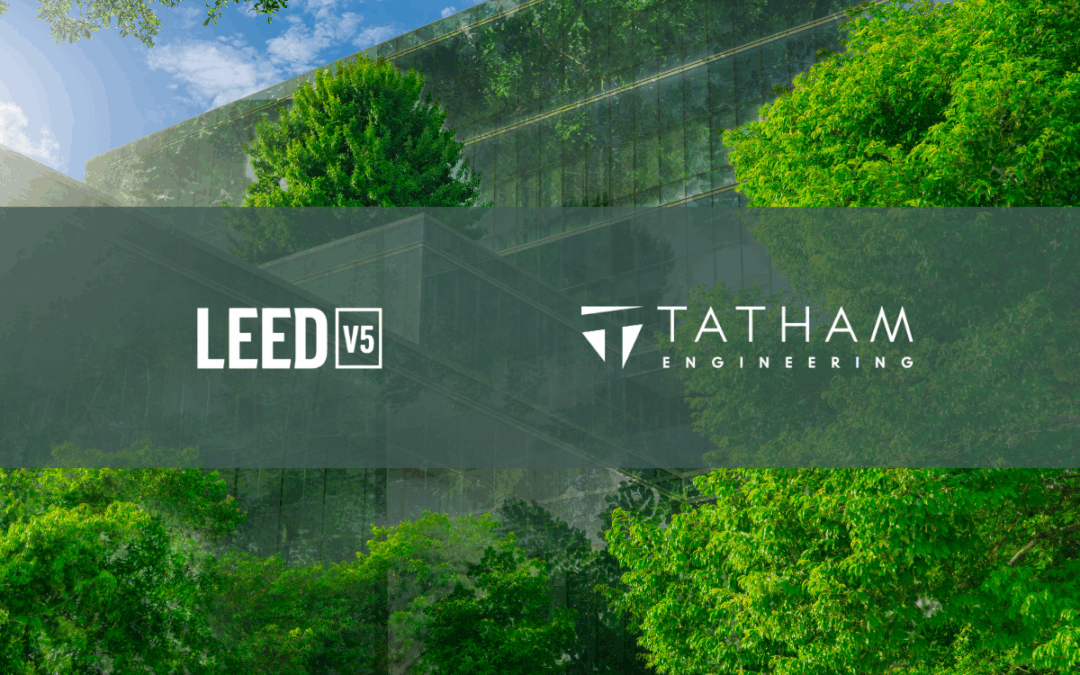Released in April 2025, the latest version of the LEED green building rating system—LEED v5—represents a significant evolution in sustainable design. At its core, this update places a major emphasis on decarbonization and embodied carbon assessment, reshaping how building performance is measured from the earliest design phases.
What’s New in LEED v5?
LEED v5 integrates carbon Life Cycle Assessment (LCA) as a fundamental requirement for certification. Key updates include:
- Carbon Assessment Prerequisite: All projects must establish a baseline carbon footprint and a reduction strategy during the early design phase. This ensures that carbon considerations are integrated from the outset of the project.
- Embodied Carbon Quantification: Teams must assess embodied carbon emissions of major materials—including structure, enclosure, and hardscape—using ISO 14040/44-compliant methods.
- New Credit Opportunities: Projects can earn more points for demonstrating measurable reductions in embodied carbon through strategies like material selection, efficient design, and low-impact alternatives.
Why Early Collaboration Matters
Achieving LEED v5 certification requires that architects, engineers, and contractors work collaboratively from the outset to identify high-impact materials and explore carbon-reducing alternatives.
How Tatham Can Support Your LEED v5 Project
Tatham’s Decarbonization & Net Zero Team has experience delivering whole-building LCAs and embodied carbon studies across a wide range of project types. We’re here to help you meet LEED v5 requirements with:
- Custom carbon footprint baselining
- Embodied carbon assessments aligned with ISO standards
- Strategic guidance for carbon reduction credits
Planning a LEED v5 Project? Let’s Talk.
If you’re preparing for a LEED v5 project and need expert support, get in touch with our team. We’re ready to help guide your carbon strategy—from concept to certification.
Connect with our Team


